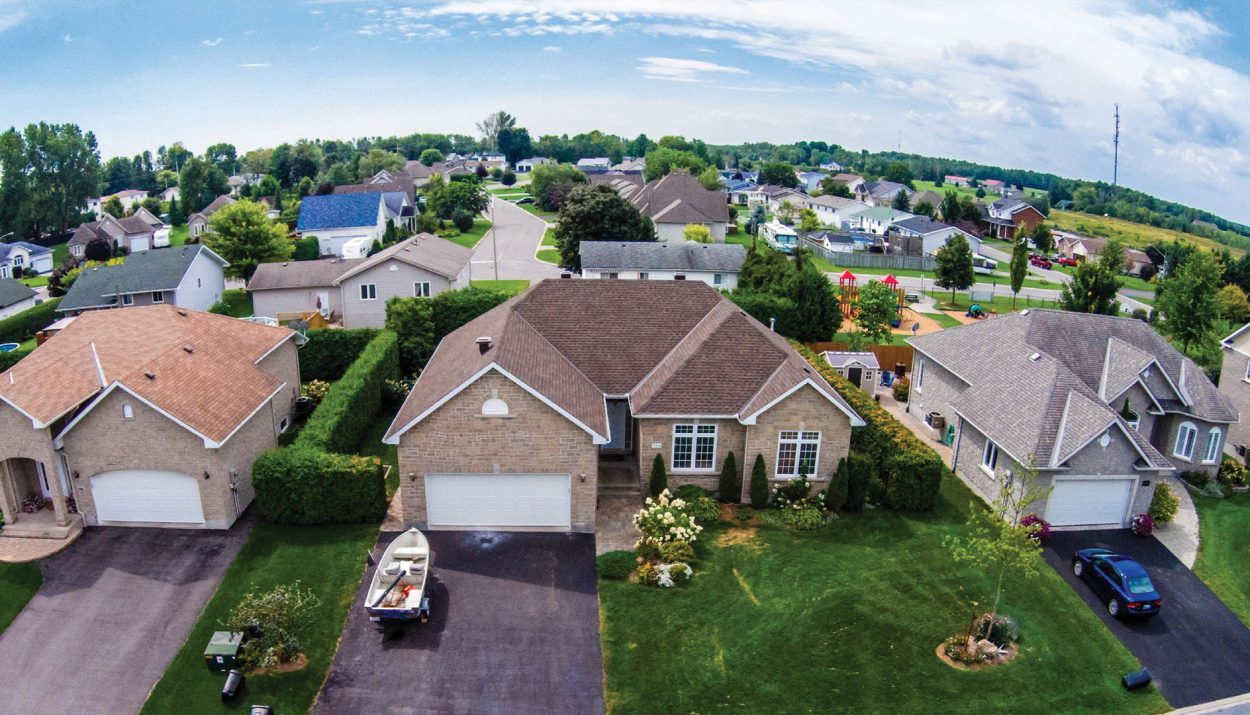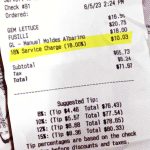Anyone living in the US knows that buying a house costs an arm and leg. While you can blame several things for the price hike, most people blame the pandemic. However, there’s good news.
Prices are dropping rapidly in Florida as sellers are demanding less for high-value properties. The reason? There are more homes on the market now. Let’s explore this development further.
Home Prices Are Down In Florida
Zillow’s data for February 2023 shows that homes in Florida are now selling for “cheap.” For houses in the Tampa metropolitan area, roughly 33% dropped in price compared to last year’s offer.

It’s worth pointing out that only 20.1% of homes in the nation had a price cut. So, Florida’s 33% slash is the highest in the entire country. Impressive!
Other Metropolitan Areas With Price Reductions
The good news doesn’t end with only the Tampa metropolitan area. Other Metropolitan Areas also enjoyed a price shift this February. For example, listings in Phoenix, Arizona, have a 32% price drop.

San Antonio, Texas, wasn’t left behind on the trend either, as about 27% of homes adjusted the prices. Other areas followed suit, as Nashville got a 26.5% drop, while Jacksonville, Florida had 26.8%.
Price Cuts In All Florida Cities
Let’s look at the top Florida cities with the most price drops. First, roughly 29% of homeowners dropped their prices in Florida. As for Palm Bay, the numbers are impressive – 30.9%.
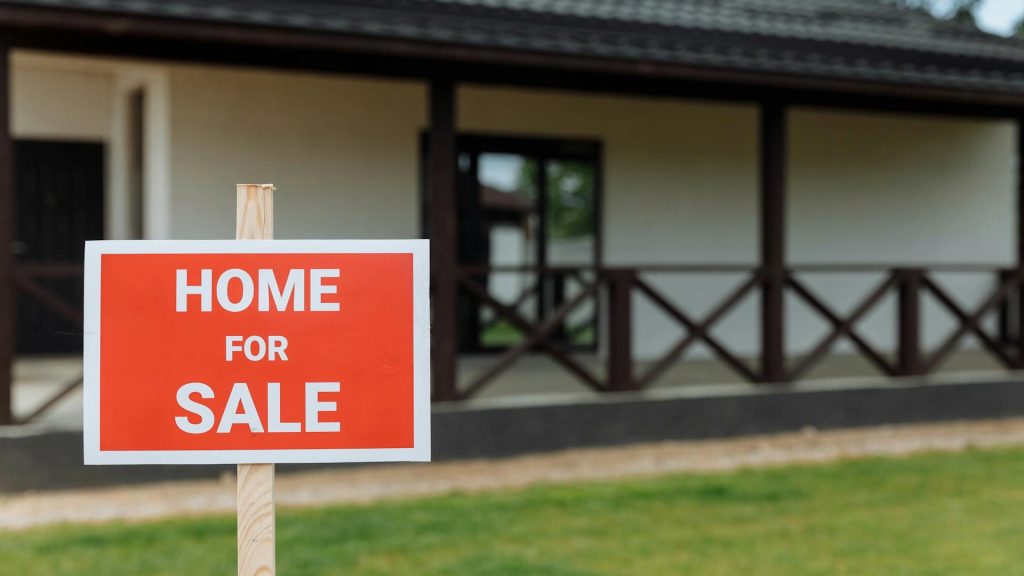
North Port’s numbers also went up to 35.5%, which is one of the highest. At the same time, Naples had a price cut for 29.6% of their listings. You can’t forget Port St. Lucie, Lakeland, and Cape Coral, with slashes up to 29.1%, 28.6%, and 26.9%, respectively.
Why Is Everyone Dropping Their Prices?
There are currently two reasons for the price drop. The first one is the fact that the home-buying season is over, but people still want to attract buyers. The other reason is that there are more properties now.

One reason homes were expensive is because there was too little to satisfy the demand. But over the last few months, developers introduced new units to the market. So according to the law of demand and supply, the cost will naturally drop.
‘Sellers Couldn’t Get Their Pricing Right’
A senior economist at Zillow gave his comments on Florida’s price drop. He said that sellers in the state struggled to set the right price for their homes in the past few months. Why?

As developers introduced new units, nobody had a strong opinion on what the new price should be. So, they adopted a “home builder’s” strategy by making irresistible price cuts and concessions.
The Prices Keep Going Down
At the start of March this year, Florida had precisely 202,462 properties listed. These include townhomes, lots, condos, houses, single-family homes, and multi-family homes. Each one was listed on Zillow by agents in Florida.

Amongst these 200,000+ homes, precisely 47,335 had a price reduction. Note that this number only accounts for properties listed by agents. As for the ones uploaded by the homeowners themselves, it totaled 1,167.
More Homes Joined The Trend
Now consider the numbers in April. The number of properties with a price drop listed by agents has gone up from 47,335 to 50,602. This number is from the total of house listings of 207,205.
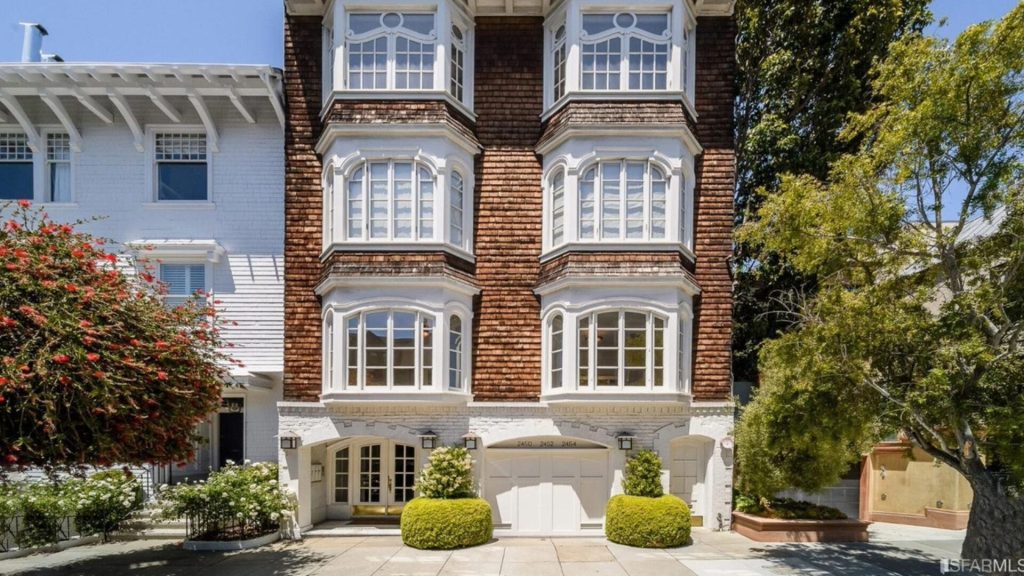
However, for homeowners, the number went down by just one property. How low? It’s currently 1,166 from 1,167 from a total of 8,797 landlords. So, it’s safe to say that Florida may soon have the best real estate market in the country.
Florida Realtors Chief Economist Gives His Thoughts
Florida Realtors chief economist Brad O’Connor gave his thoughts on the price drop. He seems to agree with other experts that increased competition is responsible for sellers dropping their prices.

He said: “I think initially, when rates rose quickly, people were uncertain as to where they would go from there.” He also points out that these homeowners were holding on to Thor properties but quickly sold after noticing mortgage rates rising.
‘The Rates Will Stay Where They’re At’
The sudden hike may seem too good to be true. Some people speculate that housing costs will go back to normal after some months. Brad O’Connor addresses this possibility in a recent interview.
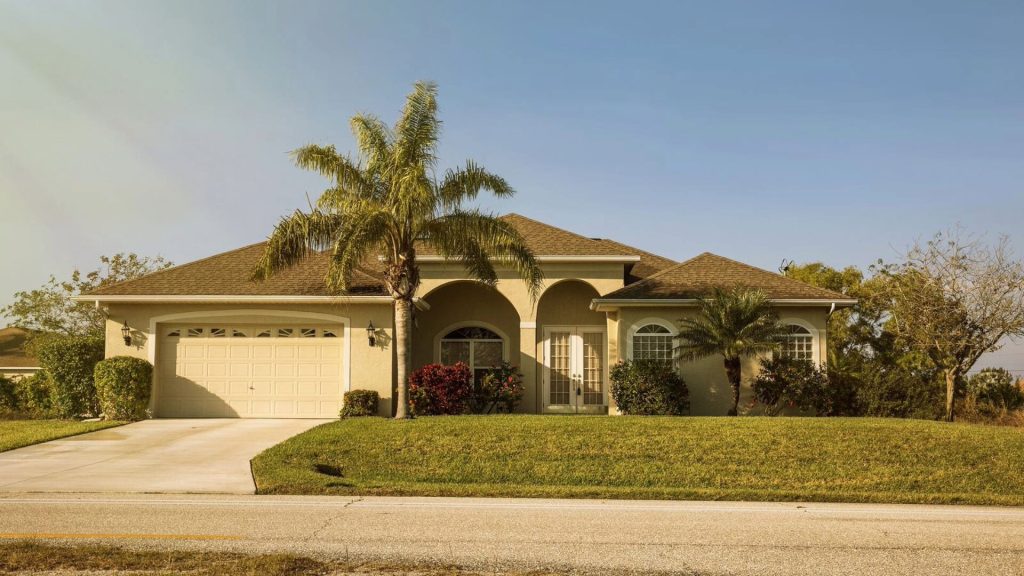
O’Connor explains: “Everyone is comfortable with the idea that rates are probably going to stay about where they’re at.” However,”…they’re going to decline somewhat in the next year or two.”
Why Housing Cost May Rise Again
Florida and Texas worked together to introduce new units into Florida’s real estate market. This made housing more affordable, but will it last? Some experts explain that people will quickly fill up these units.
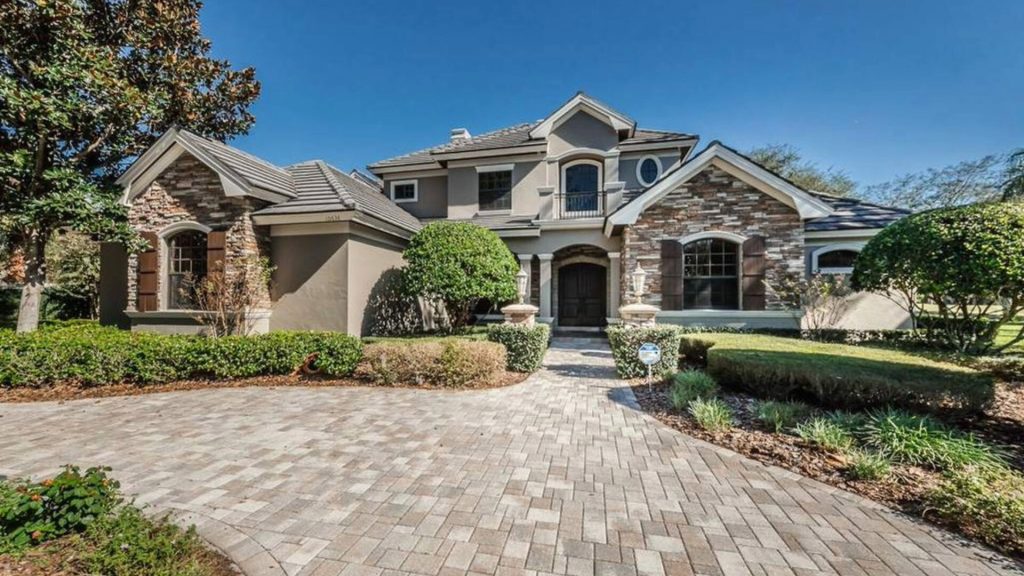
If these new homes are occupied and there’s still a high demand, the cost will start to rise. In this case, Florida may either have to build more units or struggle to afford a home again. It’s only a matter of time.
Why Housing Costs May Continue To Fall
Besides new Units, the ever-climbing mortgage rate convinced homeowners to lower their prices. Their logic is to make their properties more appealing to families that are looking to move. But will this be enough?
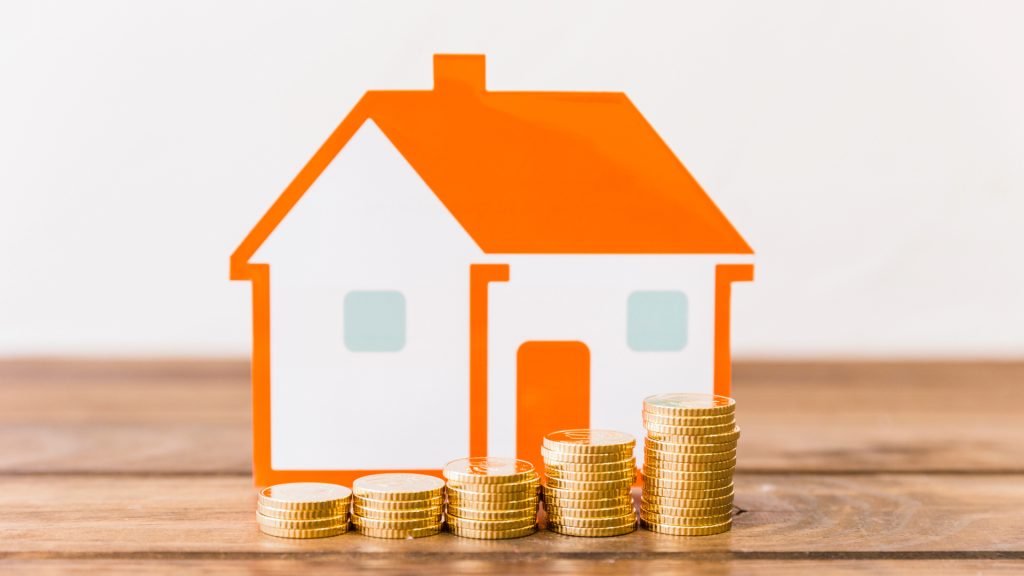
Currently, the average rate for a 30-year mortgage is 7.36% compared to 3.04% in 2021. When you factor these numbers into today’s inflation rate and average earnings, getting these “cheaper” homes could still be a lot of work. So, agents and homeowners may keep dropping their prices to make a sale.
Earnings Are Higher But Not Enough
It’s worth pointing out that People’s earnings have gotten better recently. However, it’s not by a lot. The weekly earnings year-over-year have increased by 3.4 to 3.8 percent.
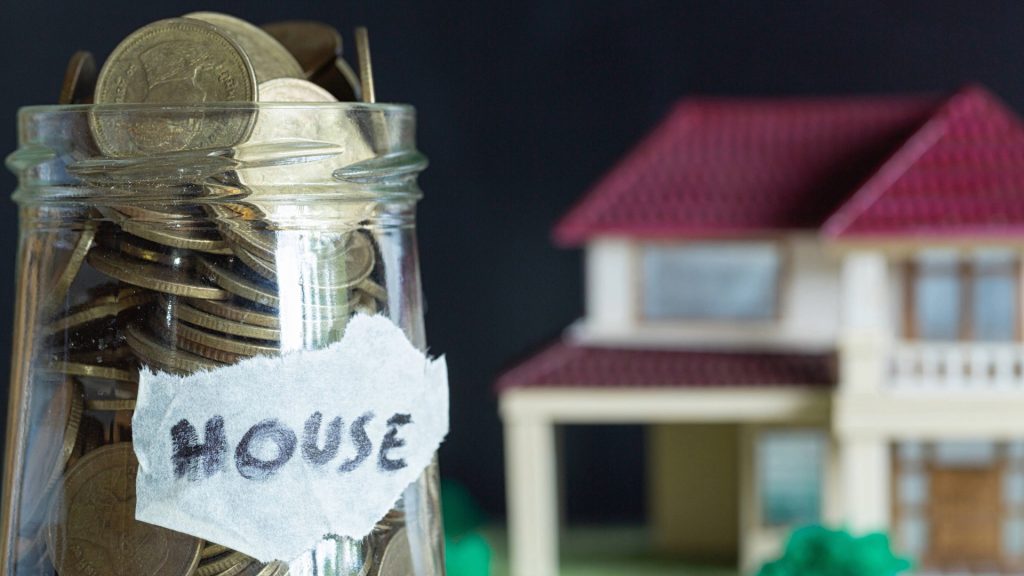
This increase is welcomed but not enough for people to start making lifestyle changes. Inflation is still going strong, Which makes it more challenging for the average person to afford a home.
Hope For The Housing Industry
Everyone’s happy about the recent decline in housing costs as it’s made it more affordable for some people. However, inflation and current earnings make it hard for others to capitalize on the development.

In this case, it’s possible that agents and landlords may keep dropping their prices to match the economy and people’s pockets. But this might lead to even bigger problems. For now, it’s a welcomed trend.

